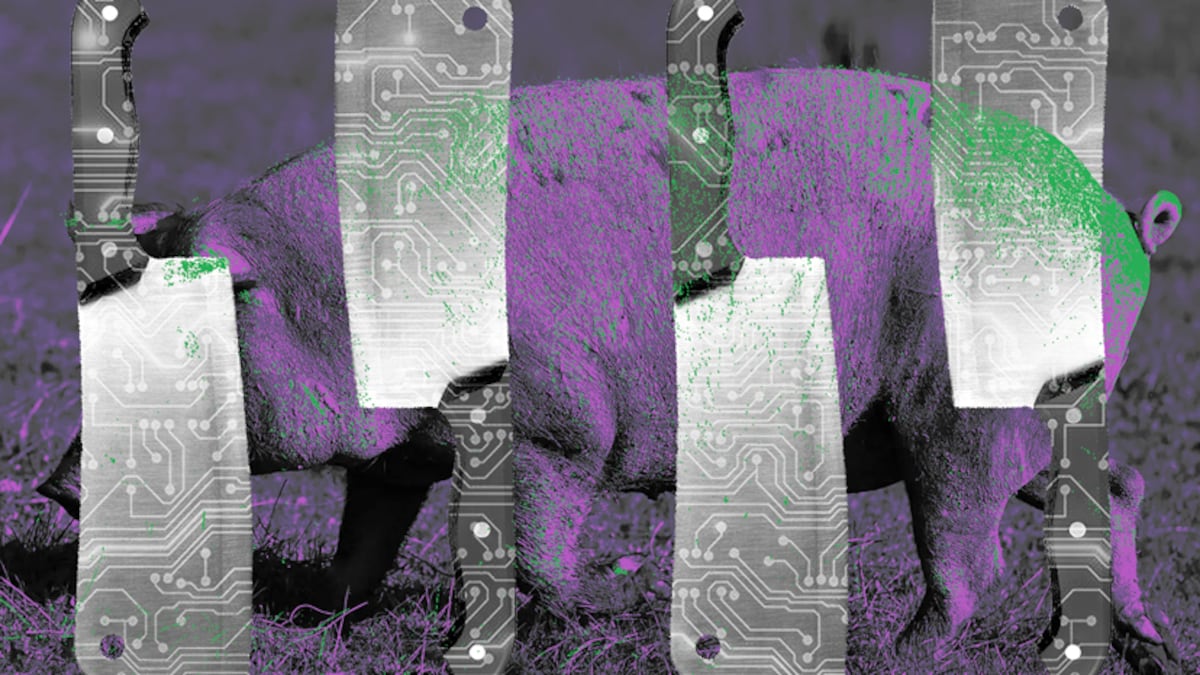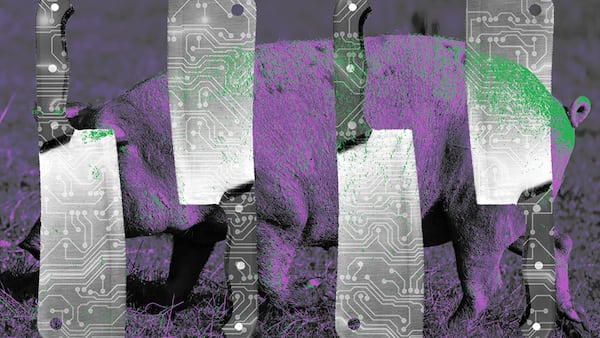- Google is suing a pair of Chinese software developers in federal court in New York.
- The developers stole from thousands of people who downloaded their fake crypto exchange apps, the tech giant claims.
Google is suing a pair of Chinese software developers for allegedly creating fake crypto applications downloaded by more than 100,000 people.
The apps included bogus crypto exchanges called TionRT and SkypeWallet, which were removed by Google after user complaints prompted investigations, the company said.
The lawsuit was filed Thursday in federal court in New York. It accuses Yunfeng Sun, of Shenzhen, China, and Hongnam Cheung, of Hong Kong, of creating at least 87 such applications since 2019.
Some were classic “pig-butchering” scams, in which the perpetrators would strike up conversations with their victims over a messaging app and earn their trust before convincing them to invest in fake projects, according to Google.
Pig butchering is an increasingly popular method of defrauding people of their money and crypto.
Last April, the US Justice Department seized more than $112 million linked to such schemes. And in December, US prosecutors in California indicted four individuals in connection with a pig-butchering syndicate that allegedly fleeced unwitting investors of more than $80 million.
In China and Southeast Asia, tens of thousands have been apprehended for involvement in such schemes — including some who are believed to have been forced into scamming.
The UN estimates that hundreds of thousands of people are working in compounds in Myanmar, Cambodia, Vietnam, Thailand and the Philippines, forced into “coerced digital delinquency.”
More than 100,000 people — including about 8,700 in the US and 23,000 in Ghana — downloaded applications linked to the alleged scammers, according to the lawsuit.
One victim who downloaded SkypeWallet lost more than $75,000, Google said.
The premise was relatively straightforward: Sun and Cheung would create the bogus applications and upload them to the Google Play store, according to the lawsuit. The applications could be downloaded by people with smartphones running on Google’s Android operating system.
Then, Sun and Cheung or people working on their behalf would use the Google Voice messaging app to contact strangers globally with messages such as “I am Sophia, do you remember me?” or “I miss you all the time, how are your parents, Mike?” according to the lawsuit.
They would try to befriend those who responded, and eventually convince them to download and deposit money in the applications, Google said. The victims would later find they were unable to withdraw the money.
In some instances, the scams were more elaborate, featuring in-person events, partnerships with public relations firms, YouTube videos featuring paid actors playing the fake companies’ “founders,” and a corporate entity with a Manhattan address, according to the lawsuit.
Google was able to link the scams to Sun and Cheung using publicly available data as well as data linked to the relevant YouTube and Google Voice accounts.
Google is asking that the court permanently ban Sun and Cheung from using Google services and award Google an amount to be determined in a jury trial.
Aleks Gilbert is DL News’ New York-based DeFi correspondent. You can reach him at aleks@dlnews.com.







